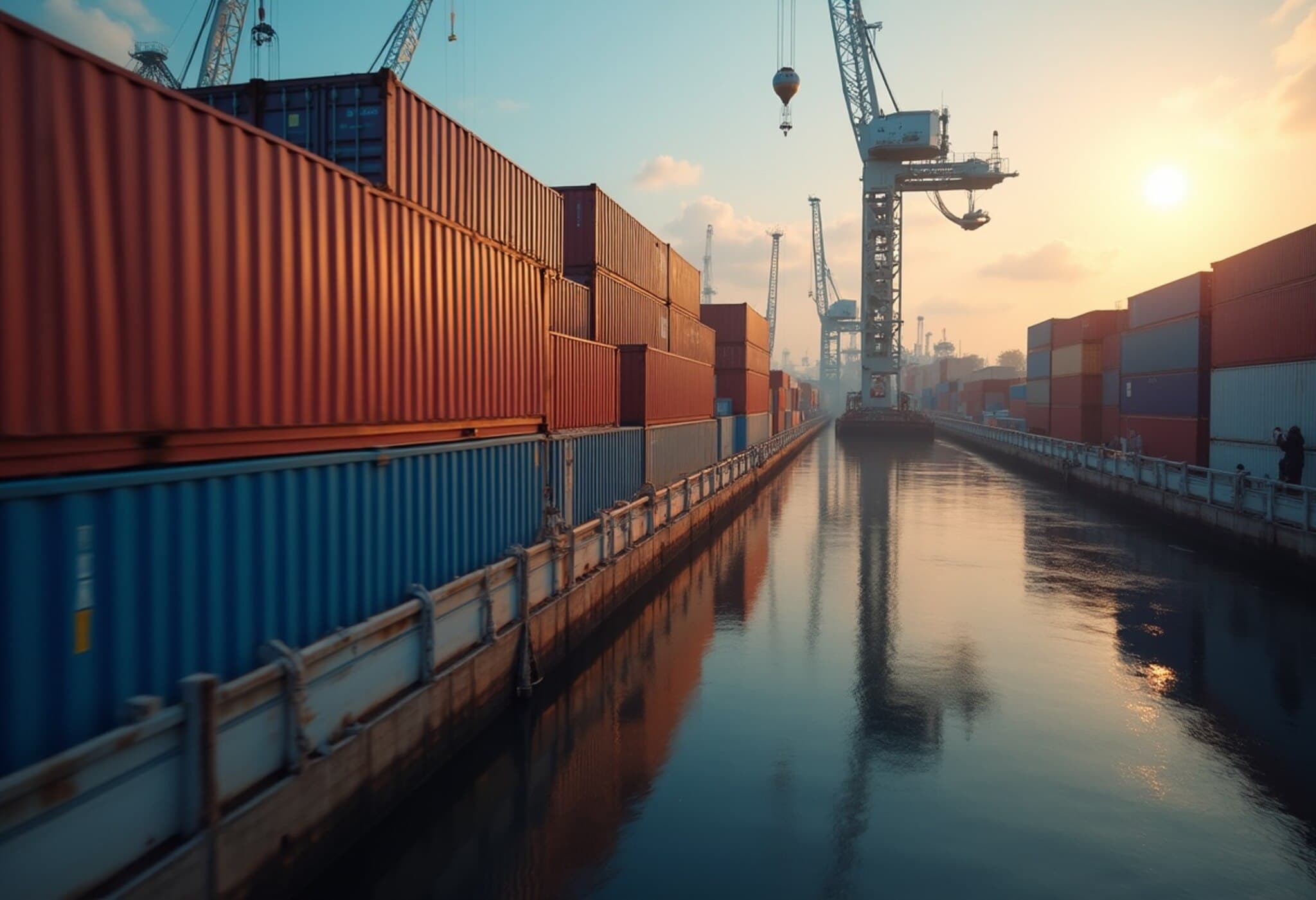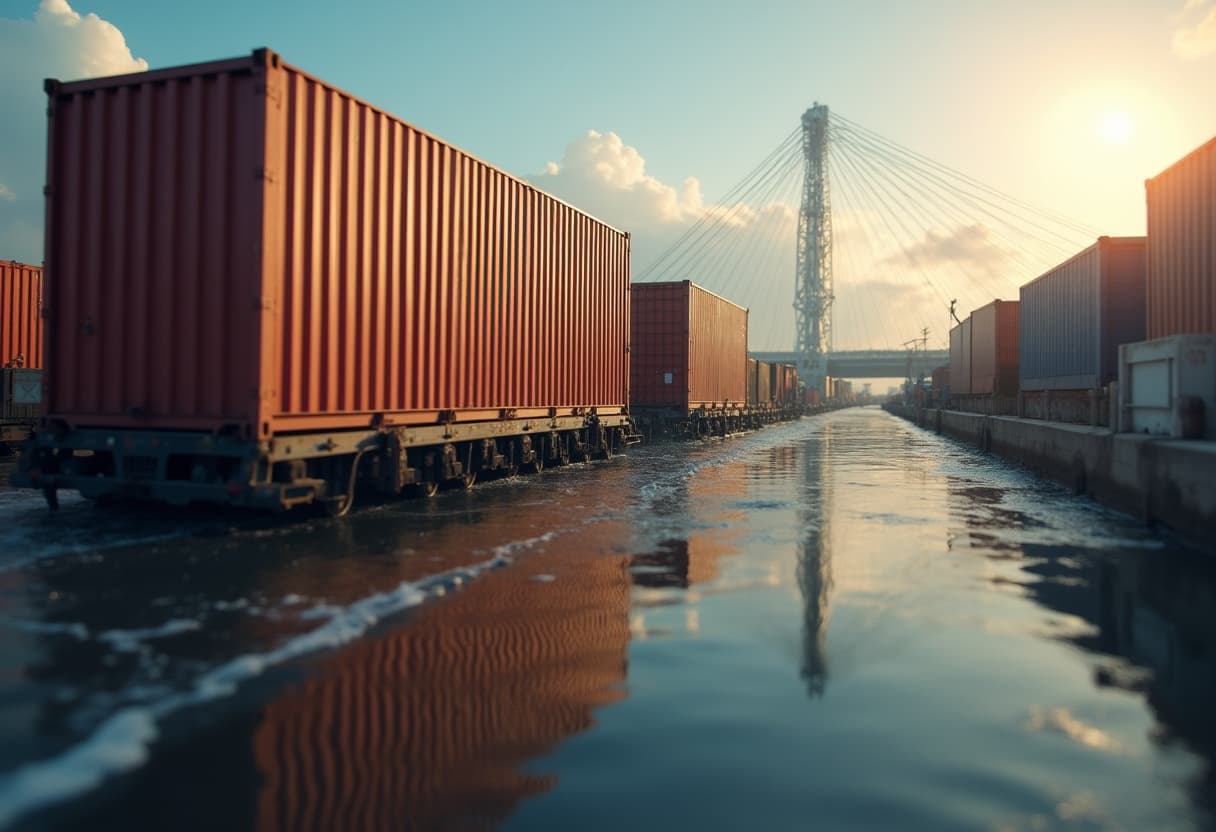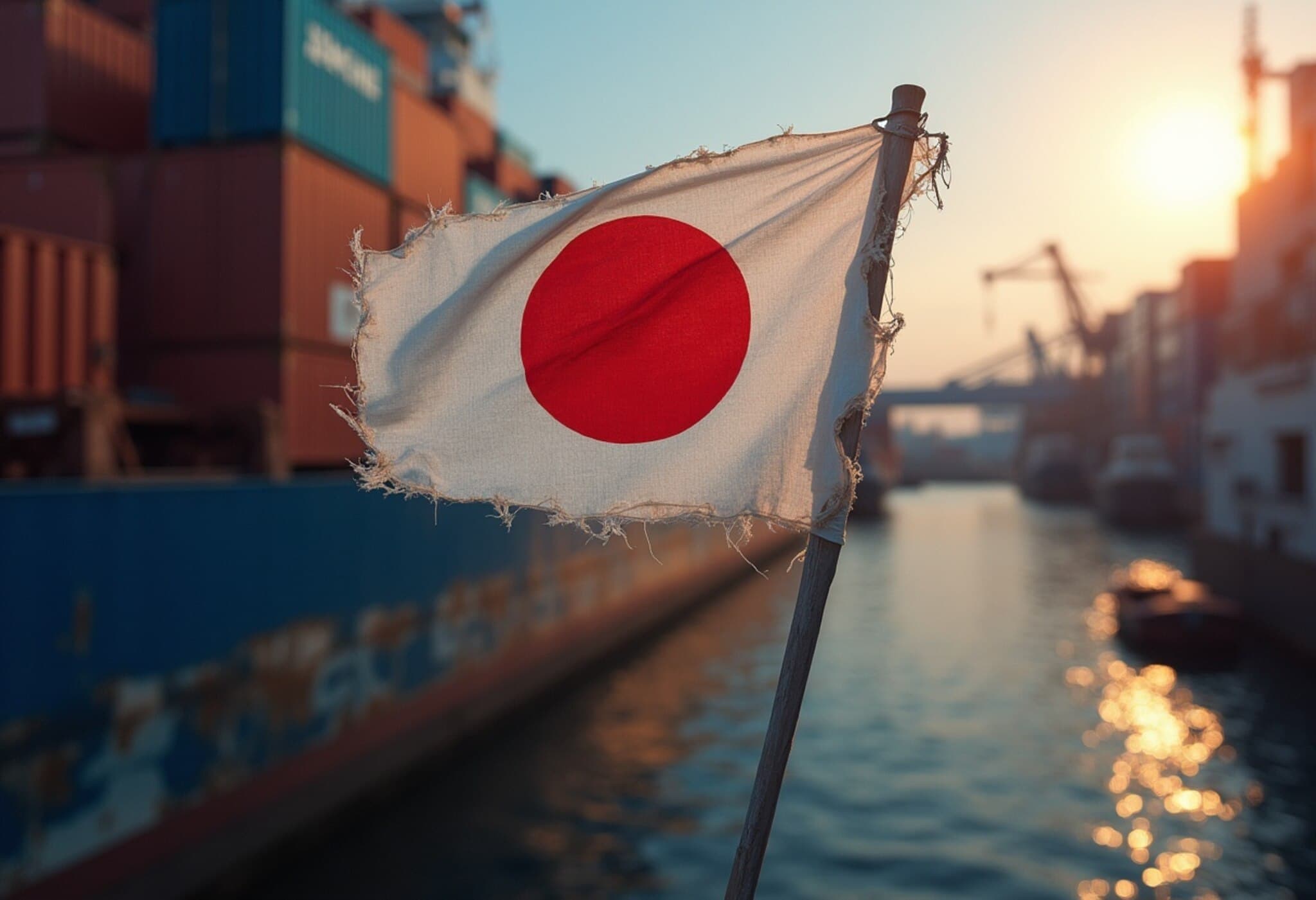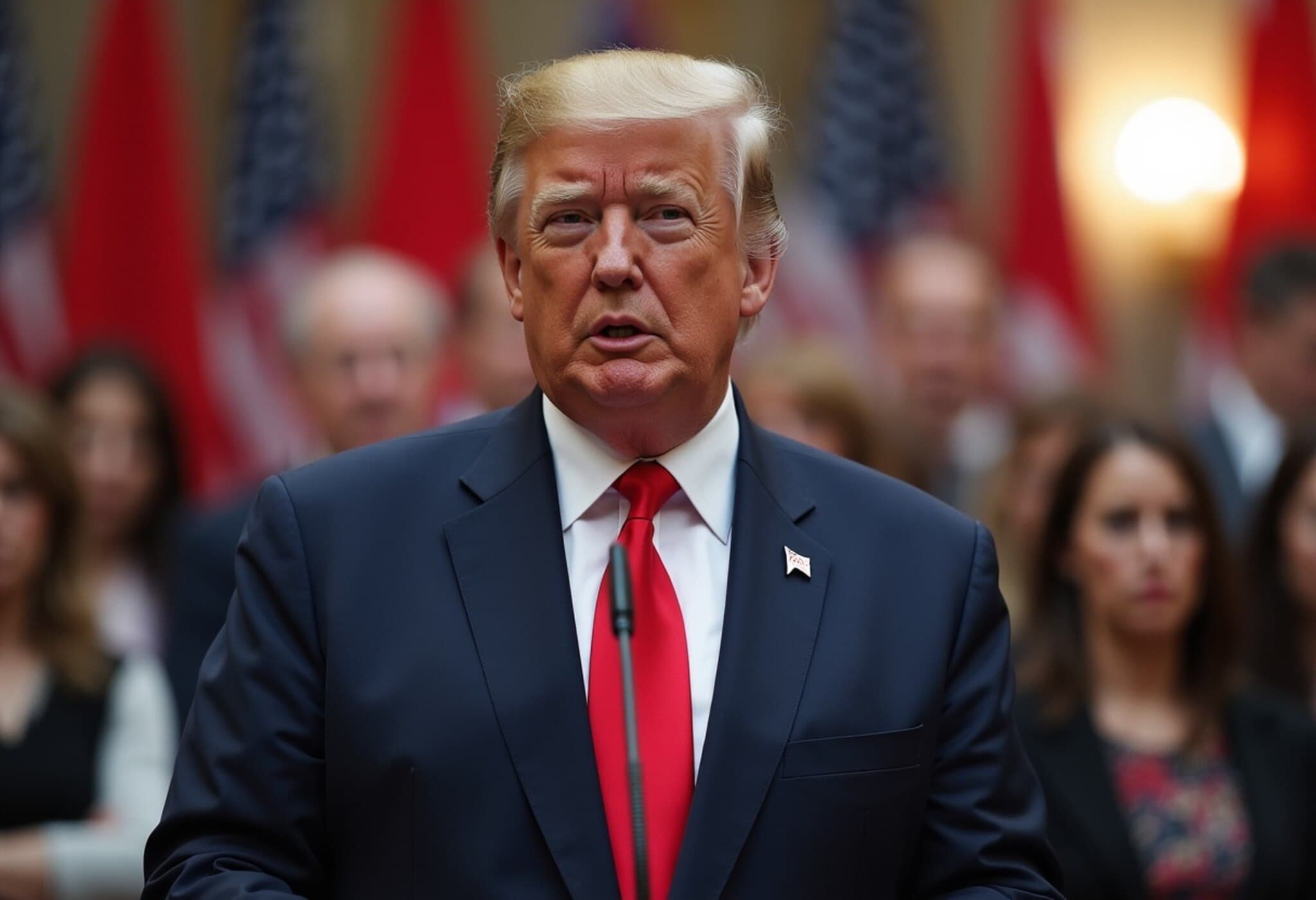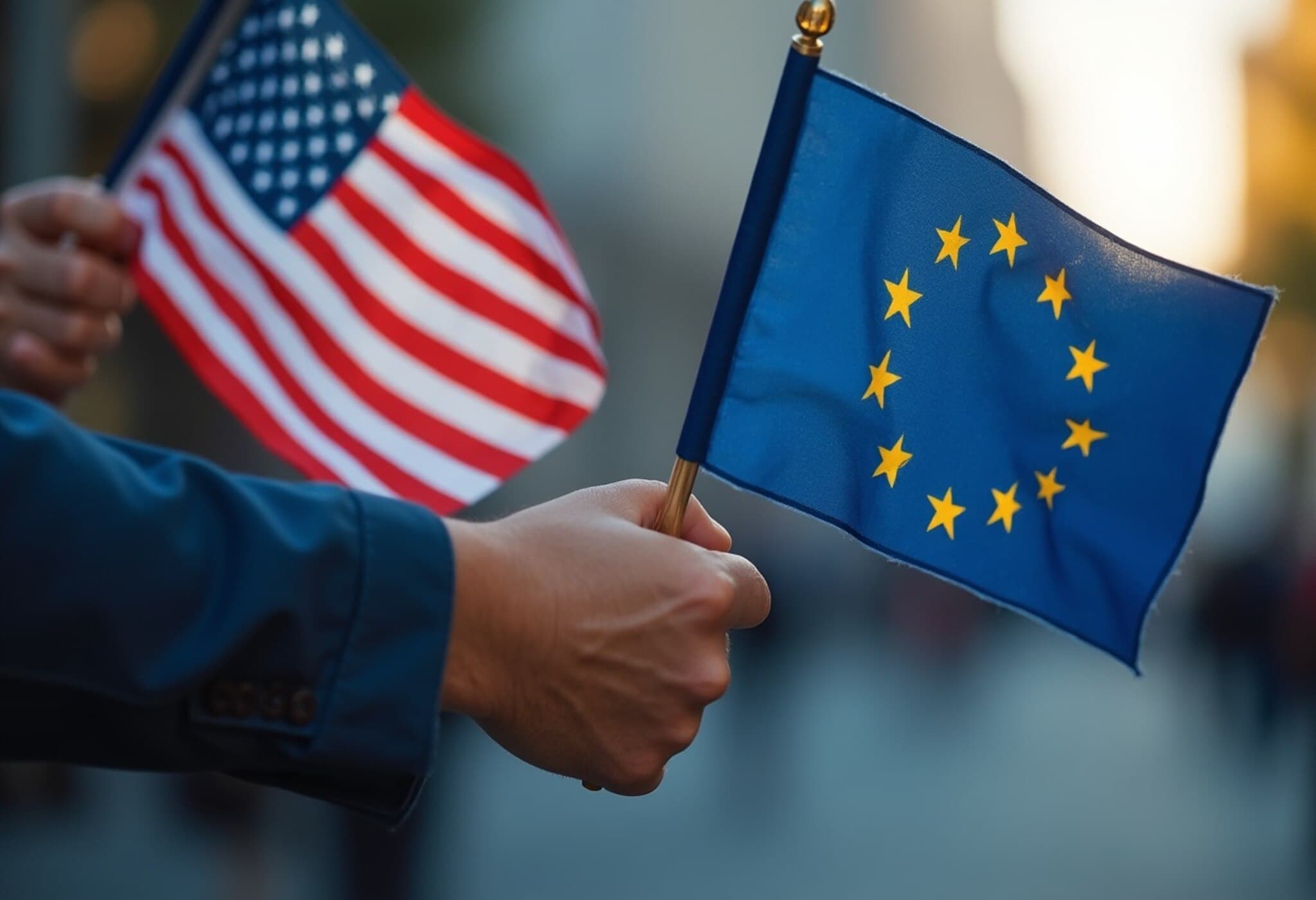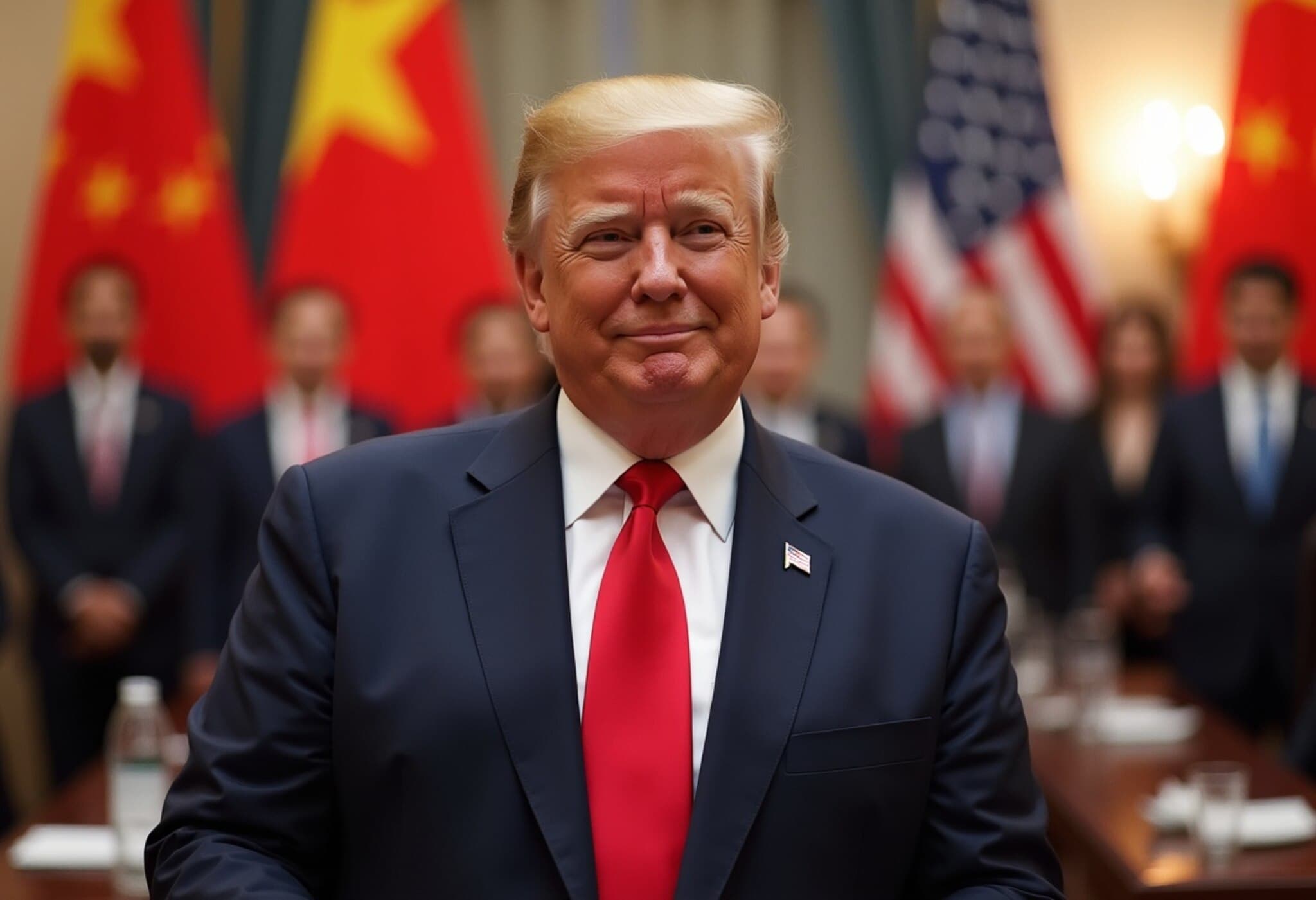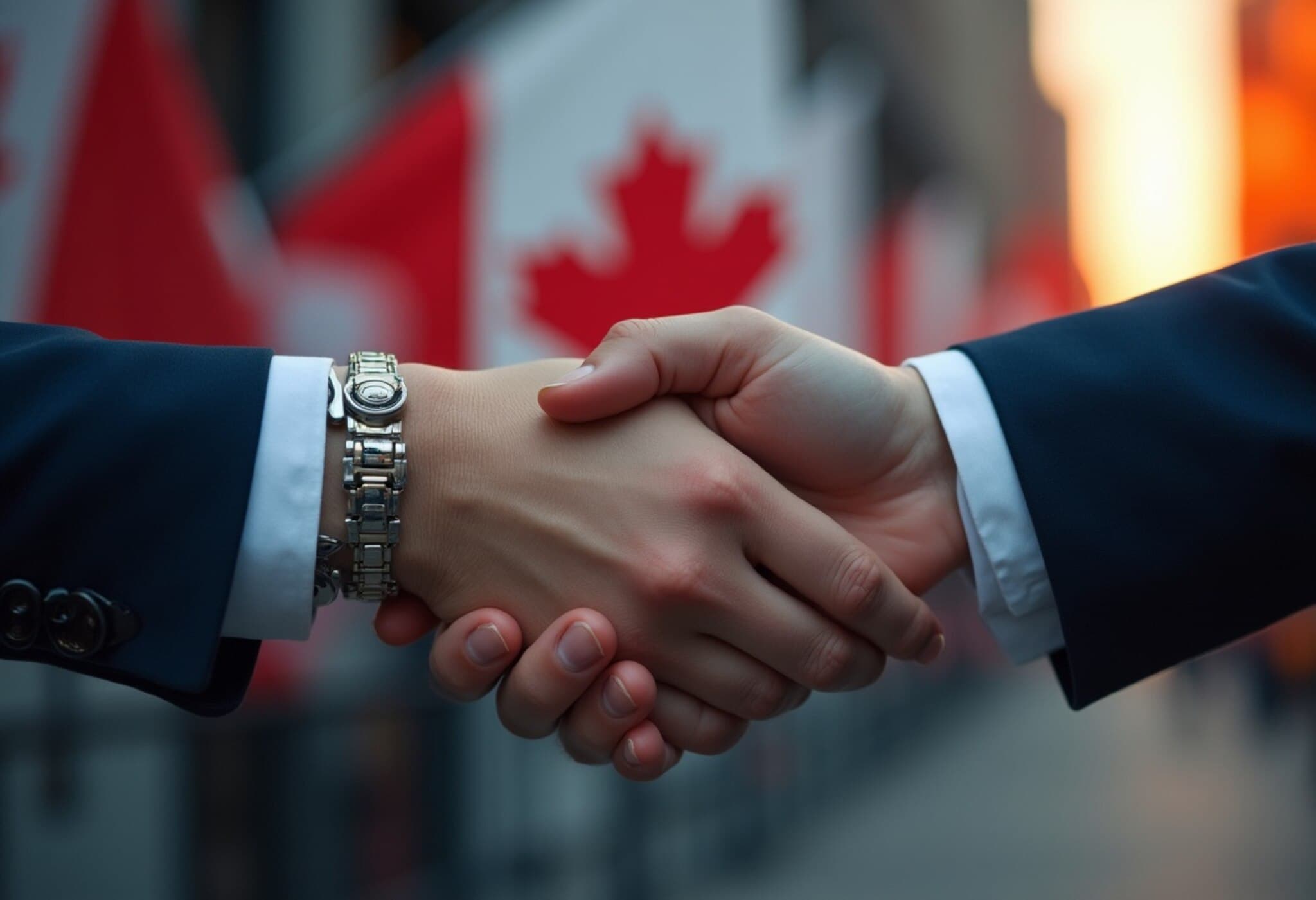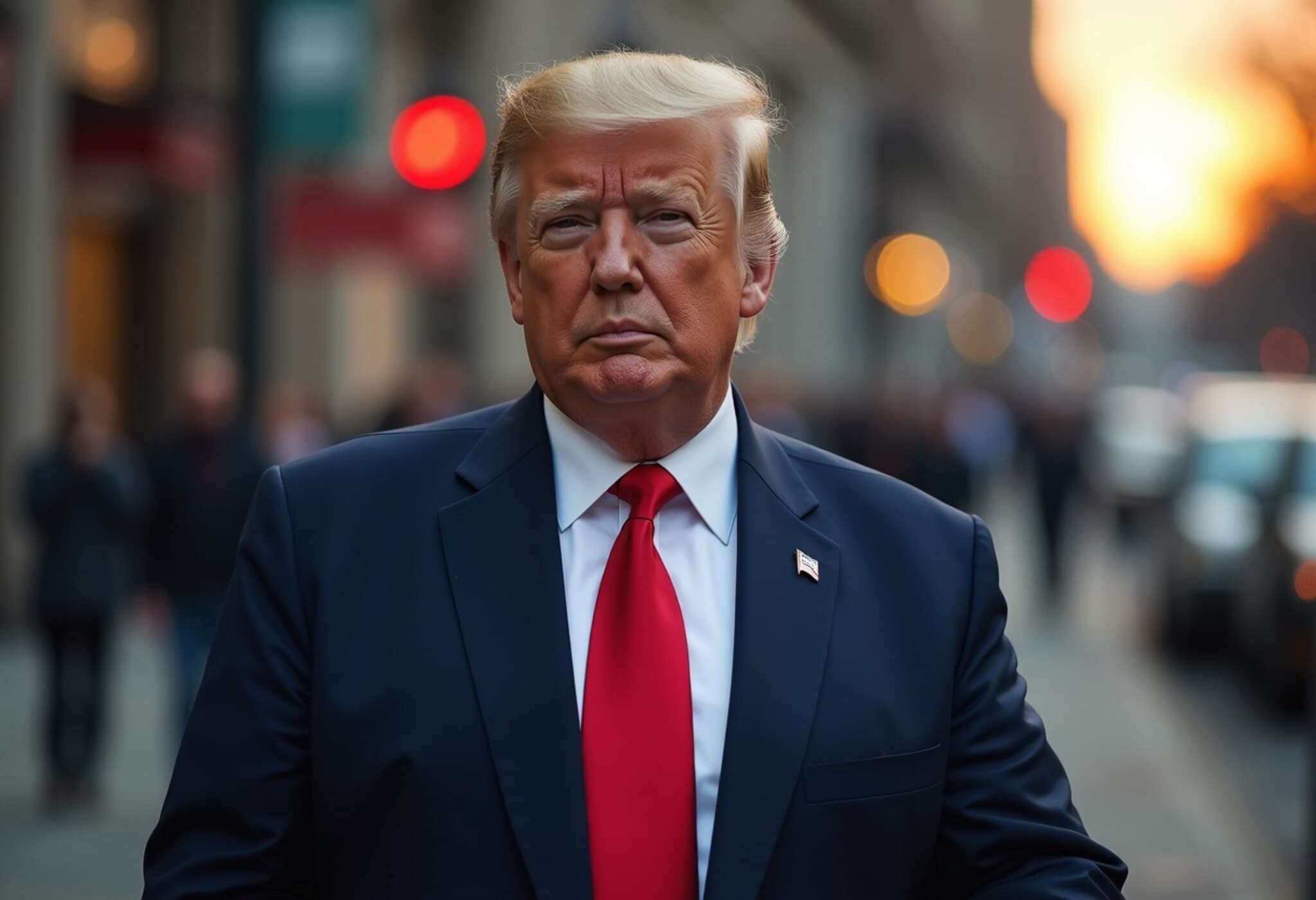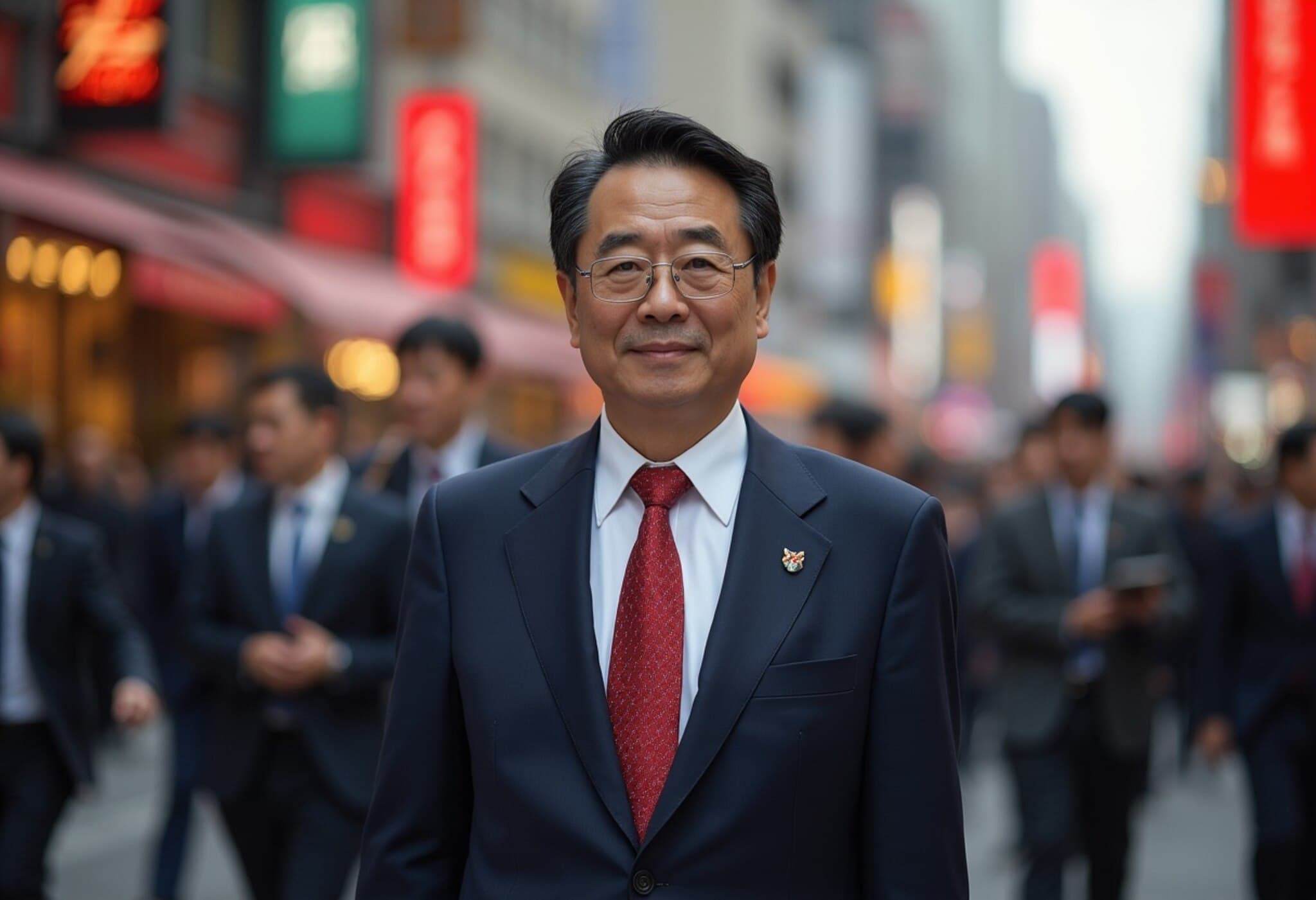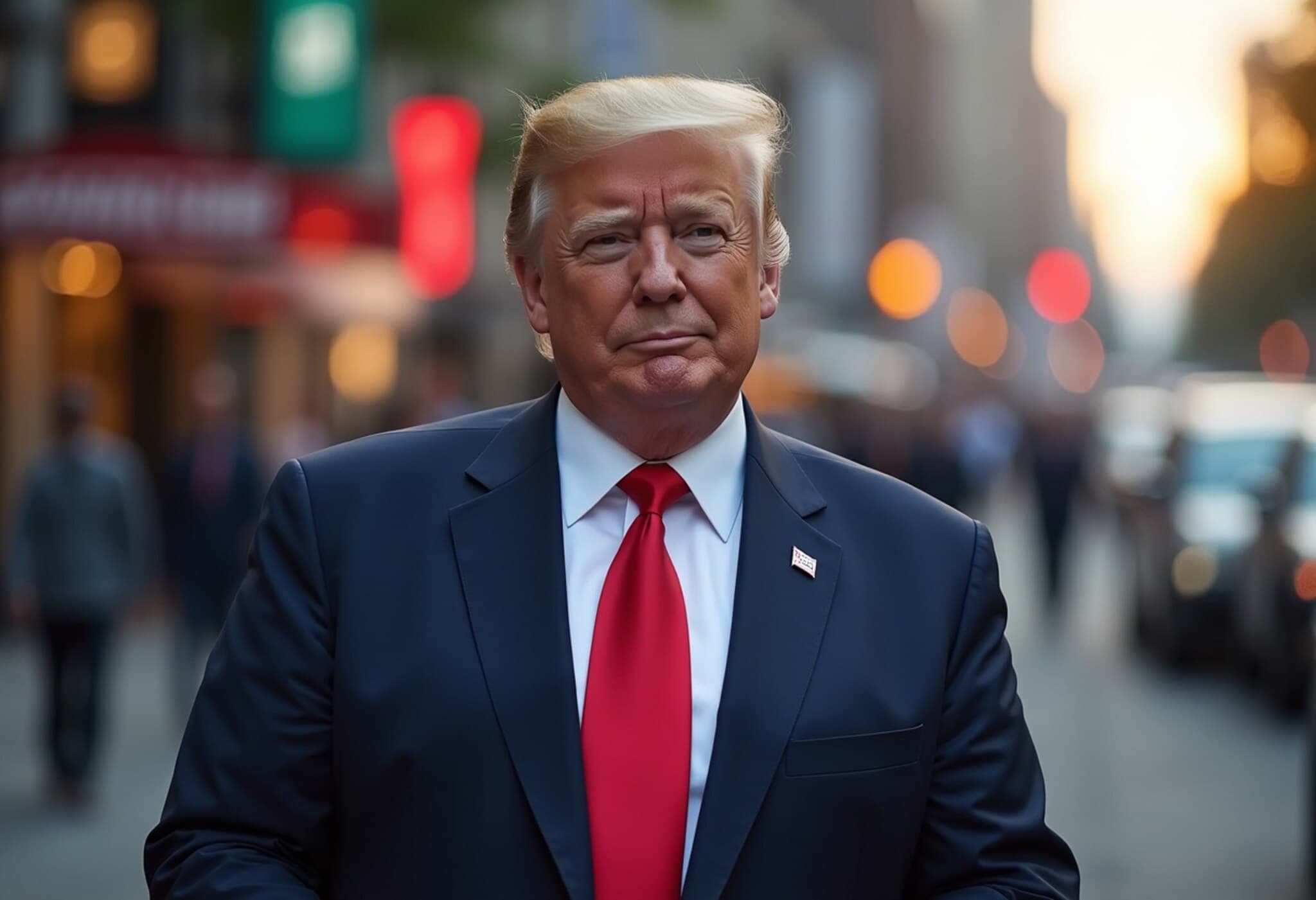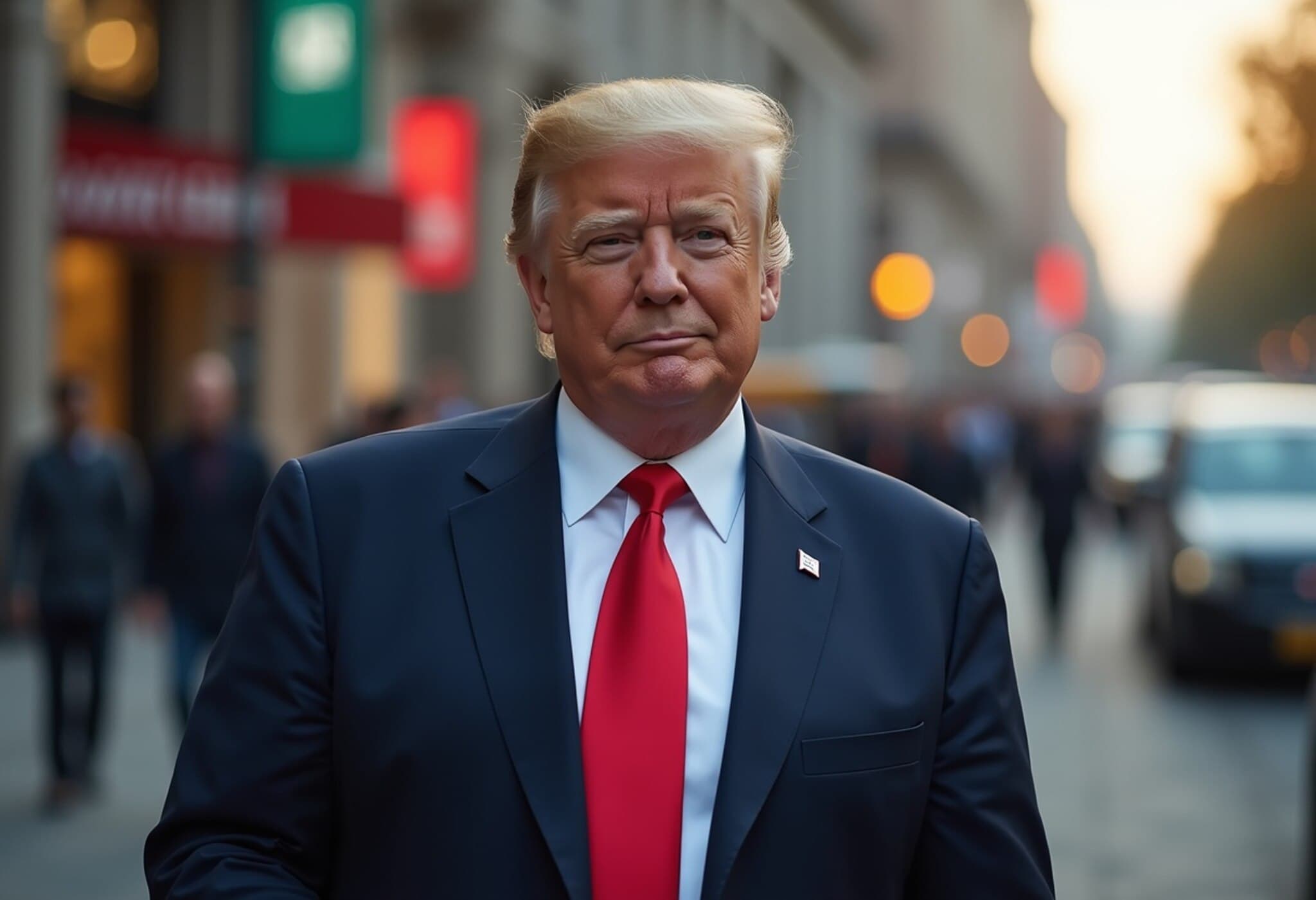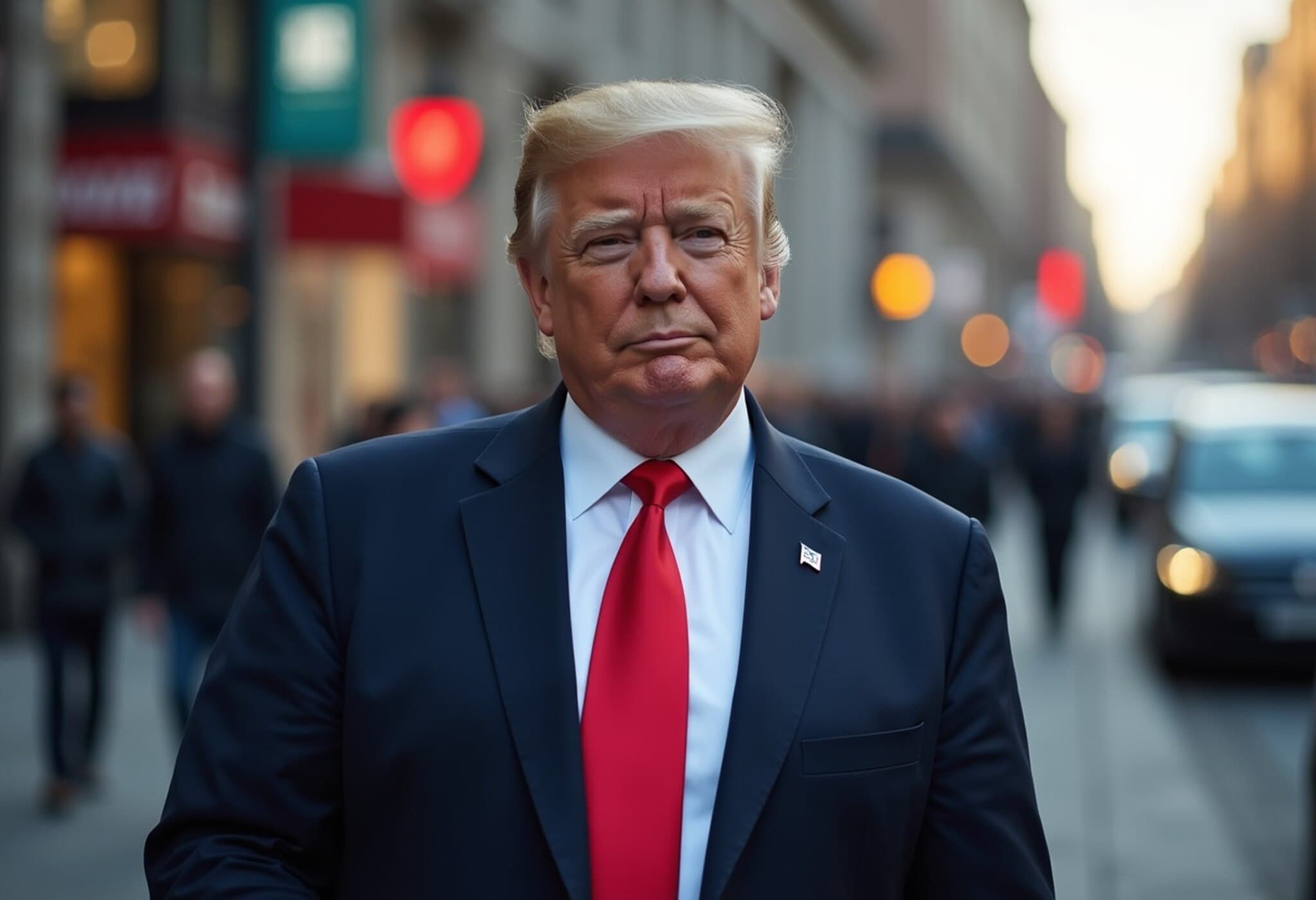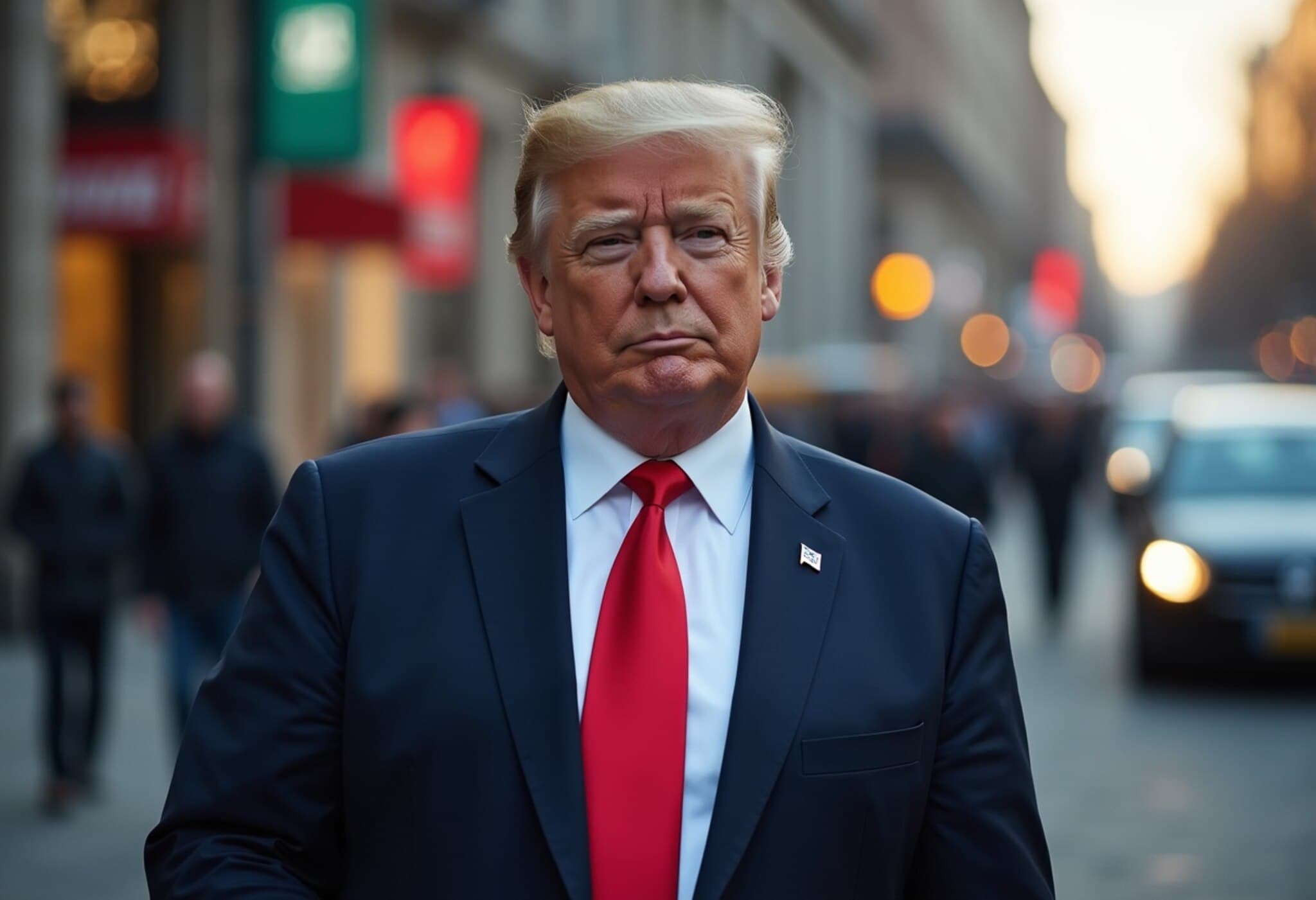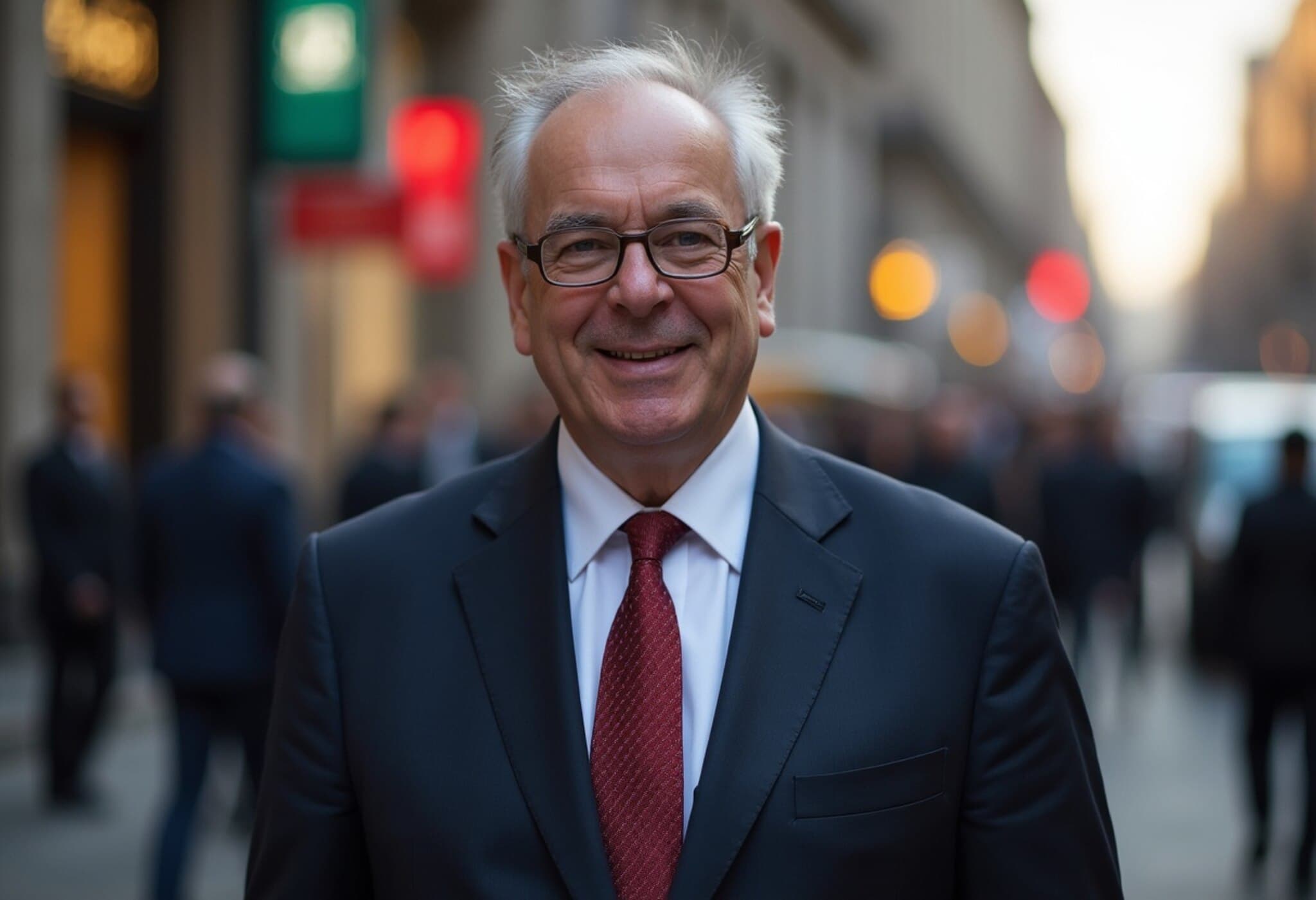EU Bars Chinese Firms from Government Medical Device Purchases
In a significant escalation of trade tensions, the European Union has imposed a ban on Chinese companies from participating in government procurement contracts for medical devices exceeding five million euros ($5.8 million). This decision targets a market valued at roughly 150 billion euros within the EU and aims to counter Beijing's restrictions on European access to its public procurement sector.
Levelling the Trade Playing Field
The EU's trade commissioner emphasized the goal behind these measures: "Our aim is to level the playing field for EU businesses." The European Commission pointed to China's longstanding exclusion of EU-made medical devices from Chinese government contracts as the principal reason for its response. According to data cited by Brussels, nearly 90% of Chinese public procurement for medical devices involves exclusionary practices against European firms.
Additional Restrictions Introduced
Beyond banning Chinese firms from large government contracts, the EU has set a cap whereby inputs sourced from China for successful bids cannot exceed 50%. This reflects a broader effort to limit reliance on Chinese components in public tenders.
Broader Context: Rising Trade Frictions
This move unfolds amid widening trade strains not only with China but also with other global partners. Notably, recent years have seen clashes with the United States over customs tariffs and import duties impacting European exporters. Separately, the EU and China have locked horns over multiple sectors, including electric vehicles, rail infrastructure, solar panels, and wind energy.
The European Union has adopted a tougher stance on protecting its industries, rolling out comprehensive legislation designed to shield businesses from unfair foreign competition. In April 2024, the Commission launched an investigation into Chinese public procurement policies concerning medical devices—the first probe under an EU framework, introduced in 2022, aimed at securing improved access to overseas government contracts.
Diplomatic Roadblocks and Future Prospects
Despite over a year of negotiations, EU officials report no meaningful progress with China in opening up its public procurement market. Brussels encourages China to end discriminatory treatment of EU companies, hoping dialogue can eventually restore reciprocity to trade relations.
As the EU intensifies efforts to safeguard its medical technology sector, these restrictions send a clear message: equitable access and fair competition remain non-negotiable priorities in international trade.



